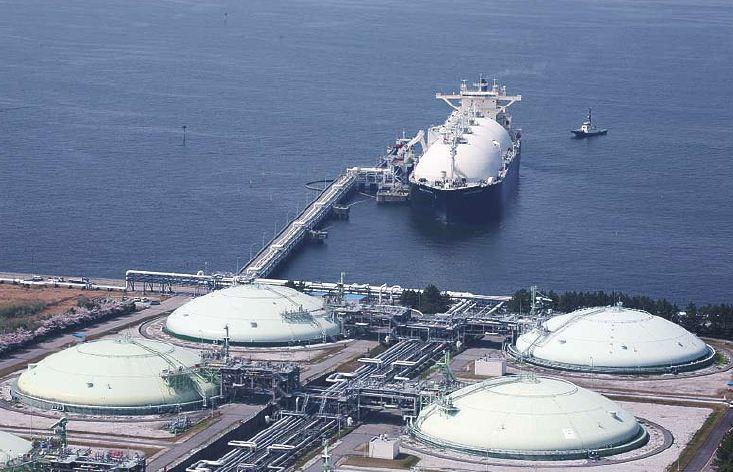
JAPAN RESHAPES MARKET

According to WSJ, Japan, the world's largest importer of natural gas, is testing its clout while trying to rewrite the rules of a saturated market.
Japanese buyers are chafing at the premiums they have long paid for liquefied natural gas.
The nation's giant utilities are renegotiating contracts, questioning practices such as linking LNG and crude-oil prices, and pushing back on restrictions that prevent them from reselling surplus cargoes.
The moves are part of government-backed efforts to crack open an opaque, rigid market in which Asian buyers pay higher prices, and to establish Japan as an LNG trading hub so the island nation has more influence over a key source of fuel.
Japanese buyers and policy makers see an opening now as excess supply is driving prices sharply lower.
"Now is our chance, and we have a window of three or four years to act," before the balance of supply and demand might change, said Ken Koyama, a managing director and senior economist at Japan's Institute of Energy Economics, which advises the Japanese government on energy policy.
Just last month, Jera Co., a joint venture between Tokyo Electric Power Co. and Chubu Electric Power Co. that is set to become the world's single biggest buyer of LNG, clinched what is thought to be the first resale deal for a Japanese buyer. It agreed to sell as much as 1.5 million metric tons of LNG to a unit of France's Electricite de France SA between June 2018 and December 2020, at a price linked to Europe's cheaper prices. Instead of swallowing the cost of surplus fuel, the deal catapults Japan as a seller that could undercut its suppliers.
Jera is in talks with multiple European utilities about similar contracts, said Hiroki Sato, the company's vice president of fuel procurement. Jera declined to comment on whether big contracts have been renegotiated.
Japan accounts for 35% of the roughly 250 million-ton global LNG market, so the changes it is pursuing could transform an Asian market that sellers for years relied on to cover the cost of developing the fuel.
Natural resources-starved Japan was once happy to pay far more for natural gas than the U.S. or European countries.
The so-called Asia premium dates back to practices beginning in the 1960s. In a bid to secure a steady flow of fuel, Japan courted suppliers, offering to help finance the multibillion-dollar plants that cool natural gas into liquid form so it can be shipped more economically, and agreeing to long-term prices linked to oil prices.
Unlike the U.S. and Europe, Japan has limited access to cheaper pipeline gas and lacks a secondary market to provide price competition. That meant the inflated long-term contract prices remained unchallenged, giving rise to the Asia premium.
But now, a deluge of new LNG—in the form of U.S. shale gas and newly tapped sources from massive projects in Australia—is threatening to further exacerbate a supply glut.
LNG producers expect to add 40 million metric tons of capacity in 2016 alone, even as demand weakens in Asia due to tepid growth. Research group Wood Mackenzie estimates 70 million tons of LNG won't find buyers in 2021. That is enough to supply China, India and South Korea for a year.
Prices on the spot market have collapsed to a fraction of the long-term contract prices Asian buyers are paying. LNG spot prices for delivery to northeast Asia are down by more than a third from a year ago, according to energy-price publisher Platts. That has largely erased the Asia premium in the spot market, which accounts for about a quarter of the global LNG trade.
The LNG glut has emboldened global buyers under long-term contracts to seek discounts. Indian importer Petronet LNG Ltd., for example, in December renegotiated its deal with Qatar's RasGas Co. The result was a price cut of about 50% in exchange for a longer contract term.
With the supply imbalance, new producers appear more willing to listen to the demands of Asian buyers such as Japan and China. One demand is the elimination of contract clauses that restrict shipment to a specific port, and which severely hamper buyers from reselling surplus LNG and competing with suppliers. Buyers are also taking aim at the practice of pegging LNG prices to crude oil, regardless of actual supply and demand, and are shying away from long-term supply contracts.
"Sellers are listening to our requests," said Jera's Mr. Sato.
Japan's government hopes such moves result in a deeper spot market, eventually enabling the country to become an internationally recognized LNG trading hub in the early 2020s.
-----
Earlier:
JAPAN'S INVESTMENT DOWN BY 40%





